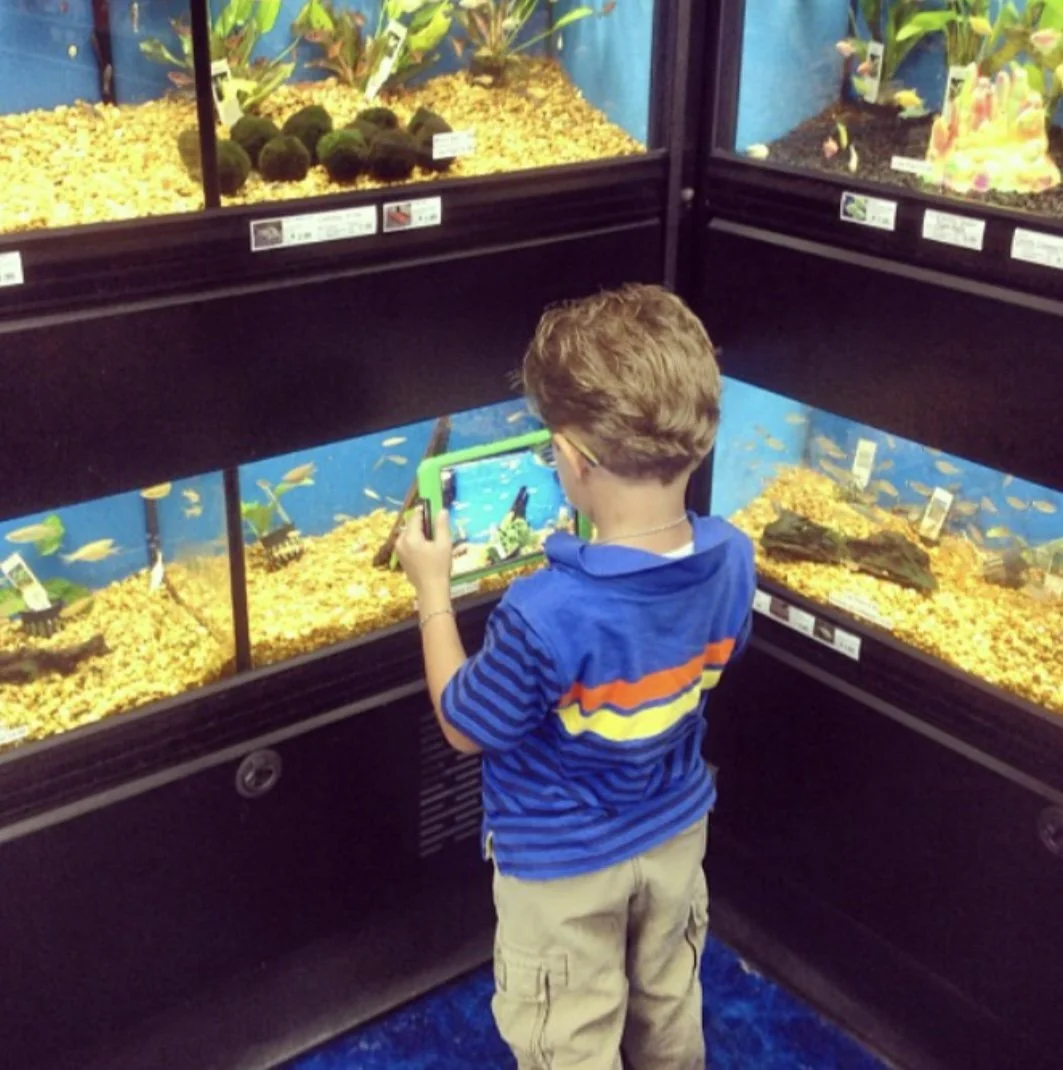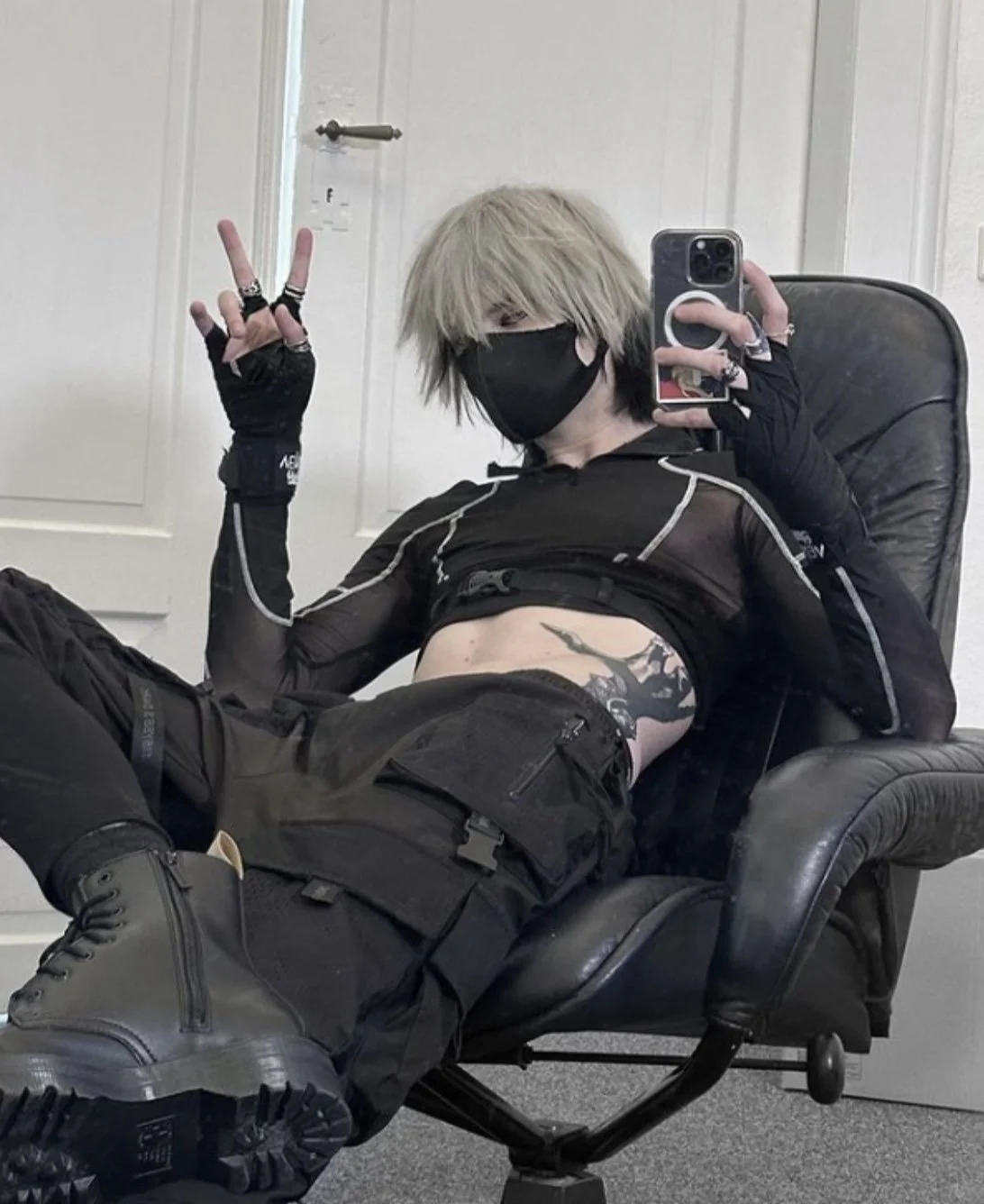These Kids and their Damn Phones!
The internet is very different now than it ever was. Perhaps I am just getting older and viewing the trends of Gen Alpha with the same distaste that the Millenials viewed Gen Z, but the internet today is a lawless place. I grew up in the time of Smosh, Shane Dawson, Myspace, ASDF Videos, and Tumblr. Don’t get me wrong, we were unhinged, but it was a different kind of unhinged. Streaming wasn’t a thing, AI wasn’t a thing, texting was barely a thing. We had to wait a week for a new episode of TV or a new video posted to YouTube. It was unhinged because the content creators made it so, not because of the speed we could consume said content.
When I talk to my friends about having more or less unrestricted internet access as a kid, I never really know how to feel. On the one hand I got to exist on the internet when it was still wholesome, but on the other hand there were people like Onision and Jeferee Starr just being themselves (and if you don’t know about them, please spare yourselves. Don’t google it).
But things are completely different today. Now, you get videos of people playing Minecraft parkour while reading a Reddit story while someone does some facsimile of a craft on the other half of the screen. The rise of short form content on the internet has absolutely cooked our attention spans, but not only that, it has destroyed pop culture.
Popular “pop” culture is “comprised of types of media that have mass accessibility and appeal.” This can include anything from television to music, fashion, social media, and literature. What this means in the era of social media is that anything and everything can become part of pop culture. Take, for example, TikTok. It seems that once a week a new song, challenge, dance, what have you, has gone viral and captivates the mind of its users. It worms itself into the cultural zeitgeist, then worms its way out with no regard for the damage that it's done on its way through.
Pop culture’s impact on cultural norms only succeeds by society’s want and need to belong. “Pop culture’s reach is vast, and its influence is subtle yet powerful, offering an illusion of shared experiences and communal wisdom.” People seek community in the form of other people, so when they take to the internet and find people with similar interests, suddenly they feel like they have people in their corner. There are people like them who like what they like and agree with their ideas.
Until that changes.
With the speed of internet trends also comes toxicity amongst those groups. If you don’t subscribe to the trend in the exact way that it's popular, obviously you’re doing it wrong. If you like the trend after it's no longer relevant, then you’re weird and people shouldn’t associate with you. If you think that something popular is bad, suddenly you’re an outcast who just hates things that are popular just because you can.
Let me give you an example of this, something that’s happened to me specifically. If perhaps not evident from the opening paragraph, I grew up in the early 2000s emo scene. I was a baby during the heyday of the scene, so my interest in it was always going to be “post popularity.” I was bullied a lot in middle school and early high school, but that didn’t really bother me. It came with the territory, unfortunately. What did bother me, however, was when in 2019 being emo made a comeback. On Halloween of 2019, My Chemical Romance rose from the grave. For me and every other perpetually emo teenager and young adult this was monumental. Apparently, however, it was monumental for the rest of society too as people who used to make fun of me for being emo suddenly loved the very scene they used to make fun of. Bands that I used to be able to see for $20 were suddenly close to $100 only because one song blew up on TikTok. Vans rose in price as the demand for them rose too. Black eyeliner and nail polish and skinny jeans were harder and harder to find and people were posting their ‘emo’ looks on the internet only to be met with praise.
This trend eventually became known as the “e-girl” or “e-boy” trend. It was homogenized, “clean” versions of the very scene I am part of. Towards the end of 2020, this was no longer trendy and real emo people faded back into obscurity. These pop culture microtrends promote over consumerism as well as a lack of individuality. Rather than thinking for oneself about what makes them happy, people give in to trends and deprive many people from a sense of originality in fashion.
Perhaps I am just turning into a grouchy old man who sees younger people exist on the internet in a different way than I do. Perhaps all of these trends are harmful to the environment due to the ever present changing of fashion and cultural trends. “As long as social media dictates our consumption patterns, fast fashion and its harmful effects will continue to accelerate along with it” which will, in turn, damage the planet and the fabric of society.
Strike Out,
E Dunsmuir
St. Augustine
Editor: Maya Kayyal
E Dunsmuir (he/they) is a writer for Strike St. Augustine. He loves Victorian England, emo music, and anything to do with horror. When they're not writing for Strike, he’s probably texting his boyfriend or watching TV with their roommates. You can reach him at edunsmuir66@gmail.com or @edunsmuir66 on most social media platforms.



